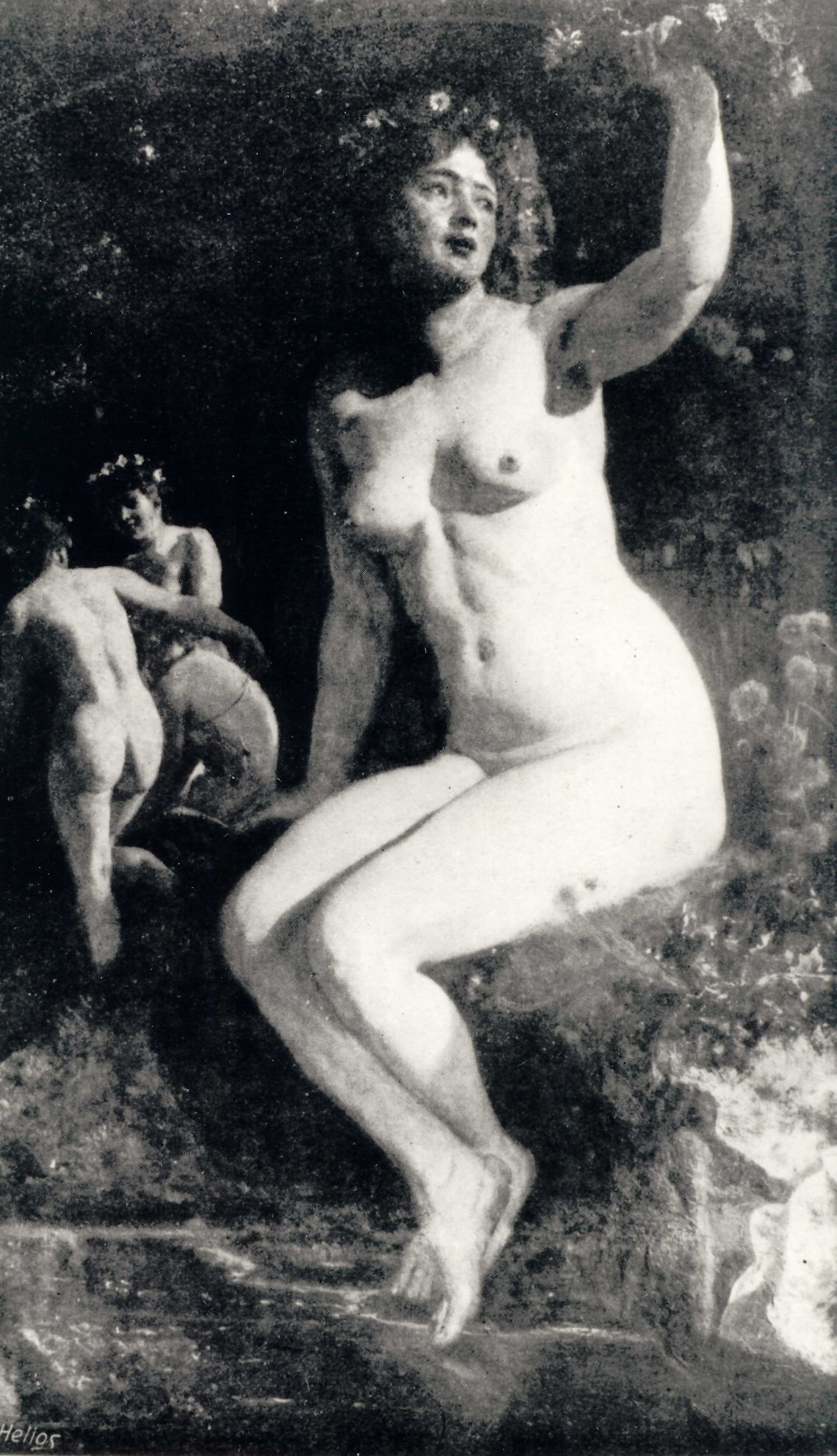Kupala on:
[Wikipedia]
[Google]
[Amazon]
 Kupala or Kupalo is an alleged Slavic deity who was first mentioned in the 17th century and compared to the Greek goddess Ceres. However, modern scholars of
Kupala or Kupalo is an alleged Slavic deity who was first mentioned in the 17th century and compared to the Greek goddess Ceres. However, modern scholars of
 Kupala or Kupalo is an alleged Slavic deity who was first mentioned in the 17th century and compared to the Greek goddess Ceres. However, modern scholars of
Kupala or Kupalo is an alleged Slavic deity who was first mentioned in the 17th century and compared to the Greek goddess Ceres. However, modern scholars of Slavic mythology
Slavic paganism, Slavic mythology, or Slavic religion refer to the Religion, religious beliefs, myths, and ritual practices of the Slavs before Christianisation of the Slavs, Christianisation, which occurred at various stages between the 8th and ...
deny the existence of such a deity.
Sources
The first source that mentions the deity Kupalo is the '' Hustyn Chronicle'' dating back to the 17th century:In the 17th century, Kupala is also recognized as a deity by the ''The fifth Kupalo was, as I believe, the God of Abundance, like Ceres for the Greeks Greeks or Hellenes (; , ) are an ethnic group and nation native to Greece, Greek Cypriots, Cyprus, Greeks in Albania, southern Albania, Greeks in Turkey#History, Anatolia, parts of Greeks in Italy, Italy and Egyptian Greeks, Egypt, and to a l ..., To him, the foolish people gave thanks during harvest-tide. The commemoration of this demon Kupalo is still being celebrated in some of our lands by the foolish, from the 23rd of June, the eve of the birth of St. John the Baptist, up to the harvest and longer in the following way: in the evening, the plain folk of both sexes come together, and they wind wreaths from edible herbs or from roots. When they have wound the herbs around themselves, they light a fire. In another place, they erect a green branch and, holding hands, they circle around this fire, singing their songs in which Kupalo is mentioned. Then they jump over the aforesaid fire, dedicating themselves to this demon.– '' Hustyn Chronicle''
Kievan Synopsis
The ''Synopsis'', also known as the ''Kievan Synopsis'' or ''Kyivan Synopsis'' () is work of history, first published in Kiev (Kyiv) in 1674. It interprets history through a Christian conception of time focused on the narratives of creation, fal ...
'' and the ''Life of St. Vladimir''.
Etymology
Historicity and interpretations
Modern researchers usually deny the existence of a Slavic deity named Kupala. According toVladimir Toporov
Vladimir Nikolayevich Toporov (; 5 July 1928 in Moscow5 December 2005 in Moscow) was a Russian philologist associated with the Tartu–Moscow Semiotic School. His wife was Tatyana Elizarenkova. He is also recognized as a prominent Balticist. ...
, mythological figures known from later sources, such as Yarilo, Kupala, Pogvizd, Lada
LadaAccording to various sources, the name Lada is derived from a Russian word for Viking longships (). (, , marketed as LADAFrom 2004 onwards Lada is marketed worldwide, including in Russia, using the all-capitals brand name written in Latin sc ...
, Polel and others, cannot be considered gods. Folklorist and ethnographer stated that Kupalo was only a folk holiday, and that recognizing him as a deity is questionable. According to Stanislaw Urbańczyk, Kupala is "literary fiction, persistently upheld by mythologists as truth." There is no information about the deity in earlier sources mentioning the Kupala Night
Kupala Night (also Kupala's Night or just Kupala; Polish: , : , Russian: Ива́н Купа́ла: , Купала: , Ukrainian: Іван Купало: ) is one of the major folk holidays in some of the Slavic countries that coincides with the C ...
celebrations.
Some researchers, such as Martin Pitro and Petr Vokáč, and Linda Ivantis, believe that Kupalo was not a deity, but a ritual figure or effigy
An effigy is a sculptural representation, often life-size, of a specific person or a prototypical figure. The term is mostly used for the makeshift dummies used for symbolic punishment in political protests and for the figures burned in certain ...
used during Kupala Night. Source material confirms the existence of effigies with such a name, e.g. Ukrainian "ritual effigy, used in Saint John's Eve
Saint John's Eve, starting at sunset on 23 June, is the eve of the Nativity of St John the Baptist, feast day of Saint John the Baptist. This is one of the very few feast days marking a saint's birth, rather than their death. The Gospel of Luke ...
celebrations," or Belarusian "person leading the way in Saint John's Eve games."
References
Bibliography
* * * * * * * *Further reading
* {{Slavic mythology Slavic pseudo-deities